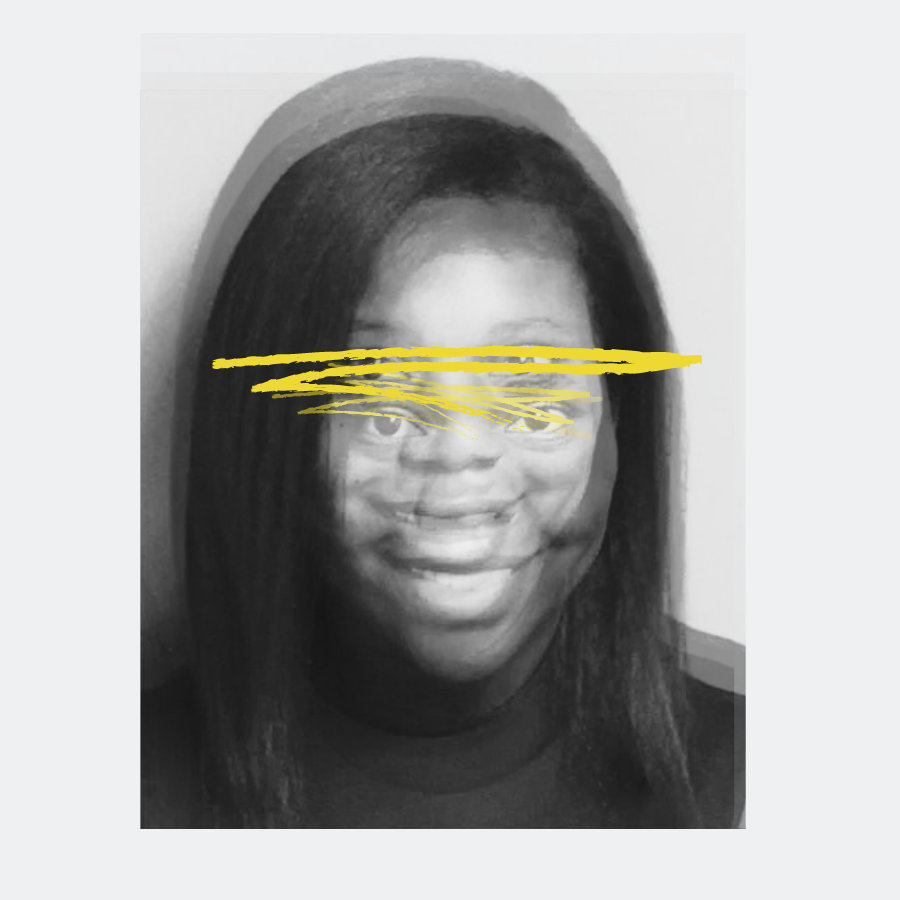This post may include affiliate links, which means we make a small commission on any sales. This commission helps Feminist Book Club pay our contributors, so thanks for supporting small, independent media!
Late last month, Alabama woman Carlee Russell was charged with falsely claiming she was kidnapped. The 26-year-old allegedly weaved an intricate tale of driving down the interstate when she spotted a toddler. Russell called 911 about the child — who cops now say never existed — before she was overheard screaming during a phone call with a family member.
A 49-hour search for Russell ended abruptly when she simply walked home.
While some centered Russell’s safety during those crucial hours, some online sleuths were too eager to scrutinize the scant amount of information made available to the public. And there was a palpable disappointment when Russell turned up alive — which transformed into vengeful bloodlust when her story continued to fall apart.
Russell was subsequently charged with two misdemeanor charges for the apparent kidnapping hoax. This wasn’t good enough for many.
Outrage is undoubtedly justified. But leaves up to question why is there so much vitriol? Why didn’t this case shift back to a local story once Russell turned up alive and reportedly confessed to lying about being kidnapped? And why do some believe Russell is required to participate in a public self-flagellation that will barely satisfy some of y’all’s deep-seated sense of self-importance?
Russell isn’t the first person to allegedly lie about being kidnapped. Sherri Papini in California comes to mind. The difference is Papini, a white woman, was still characterized as a wife and mom who experienced mental health issues even as she went to prison. Papini was afforded privacy and grace — something Russell was never given, even when her whereabouts were unclear.
When late PBS journalist Gwen Ifill coined the phrase “Missing White Woman Syndrome,” it wasn’t without reason. By and large, the media propagates a narrative in which certain groups are seen as innocent and undeserving of the ills they’re subjected to. Meanwhile, marginalized groups are often othered — whereas they first are expected to prove their humanity, then the goalpost moves to them having to show they didn’t contribute to their own victimization.
Point taken that Russell needs to take accountability and face some sort of punishment. But does it need to play out in the court of public opinion? It’s a hard truth that nobody is owed something for every maleficence. This is one of those times.
“But Russell’s lying about her kidnapping makes it harder for other Black women’s cases to be covered.”
No, it doesn’t.
A harder pill to swallow is that Black women’s disappearances aren’t given attention because society by and large doesn’t care about Black women. Unpack why Russell’s story sparks a narrative that outrightly admits this as an accepted starting point and not something that’s utterly shameful.
Black and Missing found that Black people make up at least 39 percent of the people who vanished in the United States last year despite only being 13 percent of the population. Their disappearances don’t take up 39 percent of the headlines. It took a Black woman to have such a superfluous story to have it garner national media attention. And her public undoing is why she will stay in the headlines. Meanwhile, this isn’t the first time we’ve talked about this on Feminist Book Club, if you recall Natalia and Mariquita talked about the disparities in true crime reporting by race in their podcast episode, and I’ve talked about the whitewashing of true crime reporting as well.
But let me end with this – if tearing Russell’s life apart restores the status quo to you, explore why that is. Performative outrage aside, Black women are still missing.





